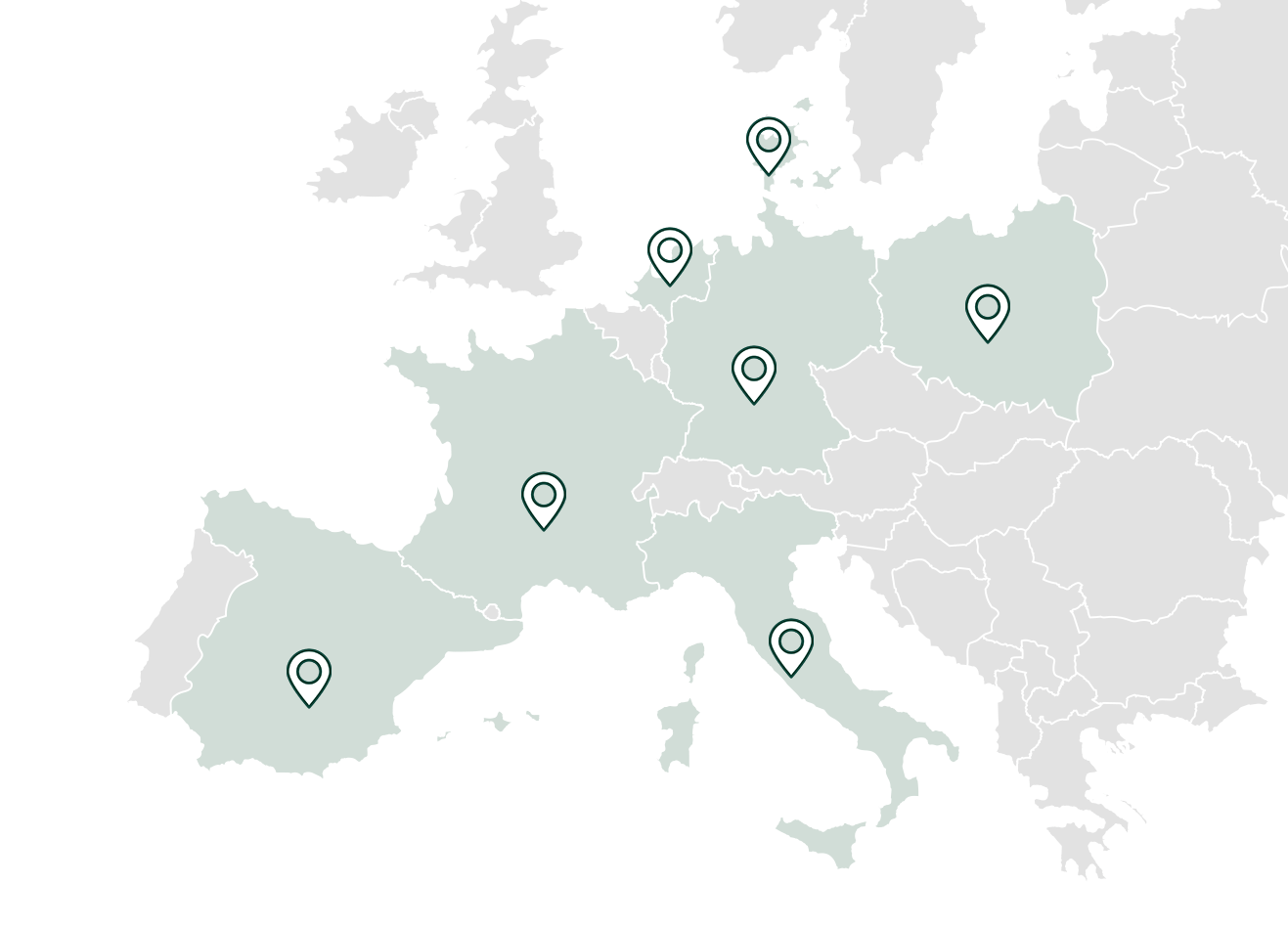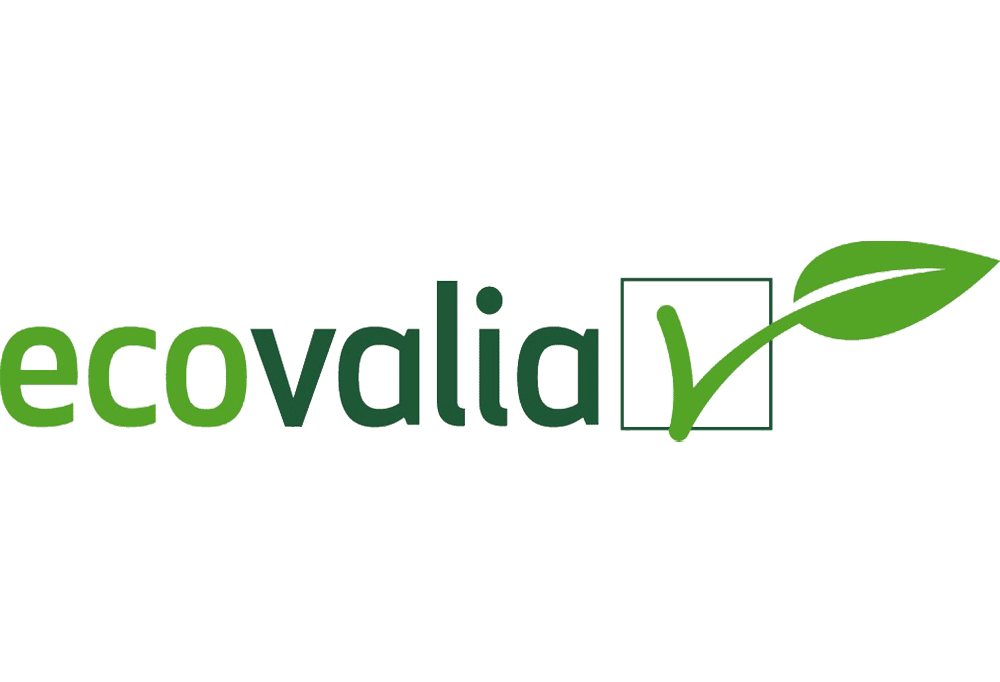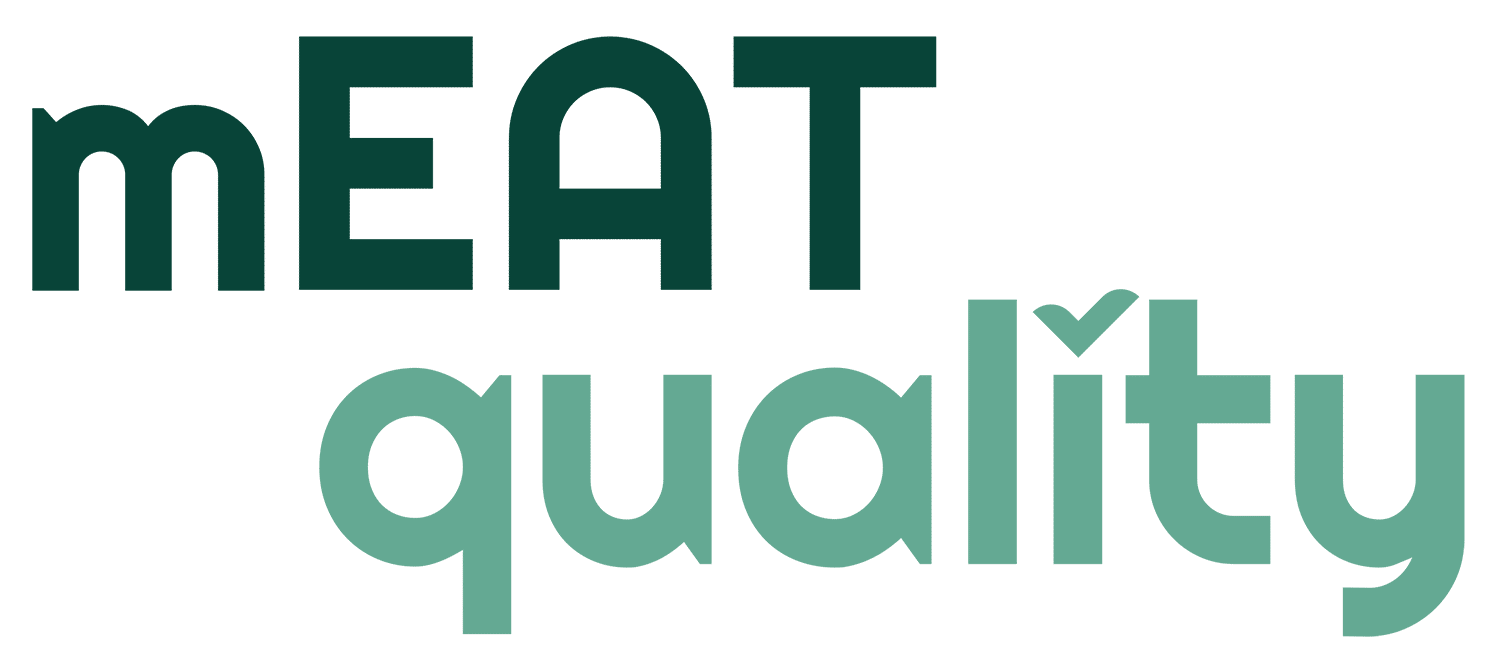PROJECT PARTNERS
mEATquality has 18 partners from 7 European countries, including 7 academic partners, 5 research centres and 6 partners working in the organic or conventional meat chain.
If you want to learn more about our partners, please visit “meet our partners”.
Partners Map

France
The Netherlands

Wageningen Research (WR)
The mission of Wageningen University & Research (WUR) is “To explore the potential of nature to improve the quality of life”. Under the banner of WUR, Wageningen University and the specialised research institutes of the Wageningen Research Foundation have joined forces in contributing to finding solutions to important questions in the domain of healthy food and living environment. Wageningen University & Research is one of the leading organisations in its domain. From the research institutes, Wageningen Livestock Research and Wageningen Food Safety Research are contributing to the mEATquality project.

Wageningen University (WU)
Wu – Food Quality and Design (FQD) group:
The FQD mission is to join technological and social disciplines to investigate all aspects related to food quality. Food design is approached in an integrative way, taking into account technological, consumer and managerial aspects at the different stages of the food chain. The objectives of FQD are to develop new scientific knowledge on food design and quality management and to train future generations for positions at the boundary between food technology and other disciplines. FQD’s research is clustered according to the needs of their stakeholders namely Society, Consumer and the Human body. FQD is part of graduate school VLAG.
WU – Adaptation Physiology (ADP) Group:
ADP is a diverse and international group of researchers, research assistants, and PhDs, actively involved in education and societal debate. Adaptation is studied from various scientific disciplines, including immunology, reproductive physiology, energy metabolism and behavioural biology. ADP is part of graduate school WIAS. Moreover, Adaptation Physiology and three other groups (Animal Nutrition, Animal Production Systems, Aquaculture and Fisheries) together form the cluster ‘Animals in Future Food Systems and Society’.

Aarhus Universitet (AU)
MAPP Group
The MAPP Centre at Aarhus University, founded in 1991 by Klaus G. Grunert, does research on consumer behaviour regarding food and drink and on the implementation of consumer insights in industry and public policy. MAPP research therefore supports both the development of new, healthy and sustainable food products and contributes to evidence-based food policy. MAPP has an interdisciplinary and application-oriented approach drawing on insights in the areas of marketing, psychology, economics and sensory science.
ANIS Group
The Department of Animal Science (ANIS), Aarhus University carry out basic, strategic, and applied research in issues relating to the nutrition, health and welfare of livestock, companion animals and humans. About 200 people are employed at the Department – half of which are academic staff. The Department has extensive experimental facilities and a large number of staff to undertake the care of animals and experimental activities. The research unit – Animal welfare – is contributing to mEATquality.

Institute of Genetics and Animal Biotechnology of the Polish Academy of Sciences (IGAB-PAS)
Institute of Genetics and Animal Biotechnology of the Polish Academy of Sciences originates from the Department of Experimental Animal Breeding, which was created in 1955. The mission of the Institute is to conduct scientific research and disseminate knowledge in the field of genetics and biotechnology of animals for innovation, biological progress and food security for the development of the economy and improvement of the quality of life of the society. The staff of the Institute numbers 140 persons, including 50 researchers and 23 PhD students.

Naturland e.V. (NATURLAND)
We are Naturland, one of the major international associations for organic agriculture worldwide. Along with over 100,000 farmers, beekeepers, aquaculturists and fishers in 60 countries throughout the world, we are living proof that organic, social, and fair economic activity can truly thrive in international co-operation.
Since our foundation in 1982, we have continued to make further developments in organic concepts and produced some impressive organic innovations. We were the first to convert a tea garden to organic agriculture. We transferred the organic principles to the production of fish and seafood in aquaculture. And we were the first association ever to combine organic and fair trade under one label.

The Liaison Centre for the Meat Processing Industry in the European Union (CLITRAVI)
The Liaison Centre for the Meat Processing Industry in the European Union (CLITRAVI) is the professional organization whose aim is to represent the interest of the European Meat Processing Industry. The association was established in 1958.
CLITRAVI has 26 member organizations in the different European Countries (EU MS + Norway, Switzerland, and UK).
Since its foundation CLITRAVI has been actively participating in the law-making process at European Level also through the participation in a wide range of EU advisory groups.

Asociación Valor Ecológico (ECOVALIA)
ECOVALIA is a non-profit organisation that promotes organic farming and responsible consumption, with true spirit of leadership and service to society, promotes innovative responses to the challenges posed by modern society, providing solutions for healthy eating, healthy soil, and recognition for those who live and work in the countryside. Currently, is one of the leading organizations in Europe for the development of the organic sector, is involved in many national activities for the progress of the organic production and to setup the strategy for the organic sector in Spain.

University of Salamanca (USAL)
The University of Salamanca was founded in 1218 and therefore it is one of the three oldest universities in Europe. In 2011, it was awarded the Campus of International Excellence status. The University of Salamanca offers a wide range of Studies to about 26,000 pre-graduate students every year, plus about 2,600 post-graduate ones, as well as several Research Units on the Social, Biomedical, Art, Experimental and Formal Sciences. The University of Salamanca can offer valuable experience thanks to the development and management of more than 300 European Projects. Thereby, USAL is recognized as one of the most outstanding Spanish universities in both national and international rankings.

Universidad de Córdoba (UCO)
The University of Cordoba (UCO) is a public High Education and Research Institution in Andalusia (Spain) with 10 faculties and schools where 38 bachelor’s degrees, 46 master´s programmes and 11 doctoral programmes are taught. The participant group in this project is Cátedra de Producción Ecológica Ecovalia-Clemente Mata with the objectives of teaching, researching and transfer about these topics: organic and extensive farming, sustainability, LCA (life cycle assessment), GHG emissions and carbon sequestration, agroforestry systems, climate change adaptation, and authentication and quality of animal products.

Research Centre fro Animal Production (CRPA)
Research Center for Animal Production is a joint stock holding company, founded in 1972, with the public sector as majority shareholder. CRPA is composed of 35 experts with complementary qualifications, including agronomists, economists, vets, engineers, chemists, and communication experts. The CRPA mission is to conduct research, develop services for agri-food industry and competent public bodies, with the aim of promoting technical, economic, and social progress in the livestock sector and to spread the most advanced forms of sustainable environmental and animal friendly agriculture.

Stazione Sperimentale per l’Industria delle Conserve Alimentar (SSICA)
The Experimental Station for the Food Preserving Industry (SSICA) is a Research Foundation that since 1922 has been promoting the scientific and technological innovation of the National Food Industry, providing research, advisory and training services to private companies and public bodies.
The two pillars of SSICA strategy are food science and technology transfer. SSICA is organised in three vertical (Meat, Fish and Vegetable) and three horizontal areas (Sustainability and Valorisation, Quality and safety, and Marketing), supported by analytical laboratories and processing pilot plants.

Danish Technilogical Institute (DTI)
As the leading research, development, and innovation centre for food of animal origin, DTI (Danish Technological Institute) has helped the international meat industry grow and develop since 1954. DTI is in the forefront of science, showing the way ahead in production efficiency, meat quality, food safety and sustainability. Our approach always involves high-level project management and the inclusion of cross-disciplinary competences. DTI’s services cover quality, safety and production processes of pork, cattle, sheep, and poultry from our offices in Denmark and Spain.

HUBBARD (HUBBARD)
Hubbard is one of the world’s three broiler breeding companies, supplying day-old grandparent and parent stock chicks all over the world in order to produce chicken meat.
Hubbard offers the widest range of products covering all the consumers’ needs, ranging from fast growing and cost-efficient broilers (Conventional range) to high value specialty and colour differentiated chickens (Premium range).
Hubbard’s genetic programs are designed to meet the growing challenges of our civilization by providing efficient, healthy, quality and tasty chicken meat for the world’s growing population.
